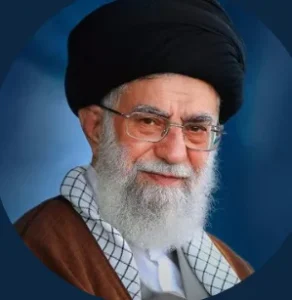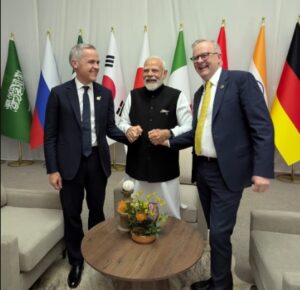
Last Updated on July 20, 2025 11:52 am by BIZNAMA NEWS
India Emerges as Global Powerhouse in Fast Digital Payments with UPI Leading the Charge: IMF
In a resounding validation of India’s digital revolution, the International Monetary Fund (IMF) has hailed India as a global leader in fast digital payments, with its Unified Payments Interface (UPI) clocking a record-breaking 18.39 billion transactions in June 2025, amounting to a staggering ₹24.03 lakh crore in value.
This marks a 32% year-on-year jump, up from 13.88 billion transactions in June 2024 — a feat that underlines the unstoppable momentum of India’s digital economy.
What’s more striking is UPI’s dominance on the world stage: it now accounts for nearly half of all real-time digital transactions globally, outpacing even industry giants like Visa, which processes around 639 million transactions daily. UPI is handling more than 640 million transactions per day, making it the world’s most used real-time payment system.
Launched in 2016 by the National Payments Corporation of India (NPCI), UPI has become a backbone of the Indian digital economy, powering 85% of all digital transactions in the country. Its unique interoperability links 675 banks, and serves an impressive 491 million users and 65 million merchants across urban and rural India.
More than a payments tool, UPI has become a catalyst for financial inclusion — bridging the digital divide in India’s hinterlands and empowering citizens with access to cashless, real-time financial services.
According to the IMF, UPI’s success is the result of India’s long-term digital vision, government support, and public-private partnerships that prioritized open, accessible, and scalable technology for national development. It’s no longer just a national tool — UPI is now a global benchmark.
In fact, UPI is already live in seven countries — including Singapore, UAE, France, Sri Lanka, Bhutan, Nepal, and Mauritius. Its rollout in France signals India’s foray into Europe, enabling Indian travelers and NRIs to make seamless payments abroad.
India is also advocating for UPI’s adoption within the expanded BRICS bloc, a move that could revolutionize cross-border payments by making them faster, cheaper, and more secure.
As the IMF report concludes, India’s digital journey has not only reshaped domestic commerce — it is actively reshaping the future of global financial infrastructure.








